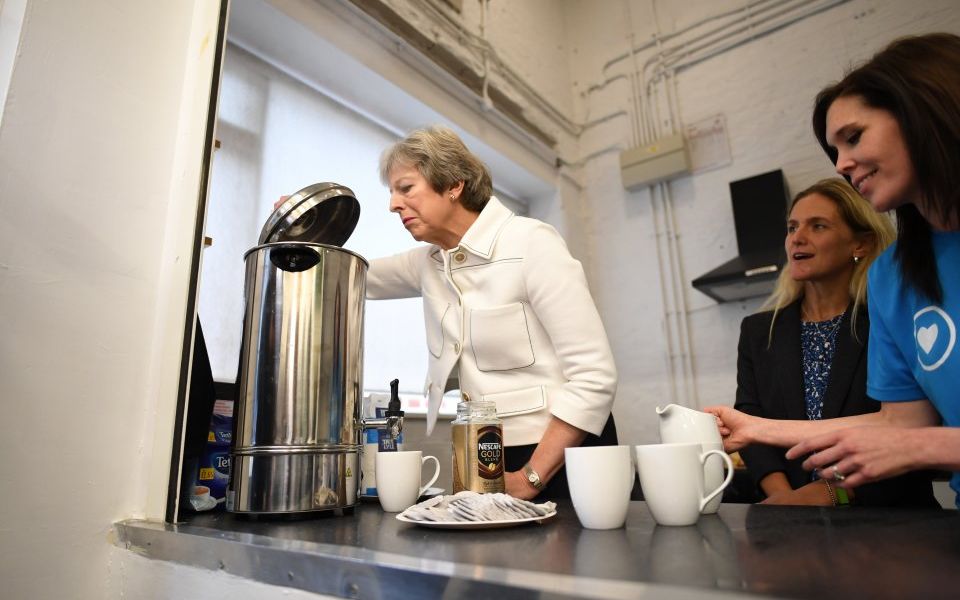Charity case: Don’t lose sight of the small causes

There is a healthy degree of scepticism around corporate social responsibility (CSR) activities.
Too often, tin rattling or an annual bake sale can seem little more than a get-out clause from engaging in more meaningful activity that requires more effort and commitment.
It is tempting for companies to champion high-profile charities that have brand recognition across an international network. This has its merits, but these organisations already have significant funding and professional skills internally.
Rather, it is often the smaller community initiatives that are crying out for help – and these are the ones that get overlooked.
A CSR strategy rooted in grass-roots activism can provide deeper benefits to both the company and to society, serving to benefit local causes and enhancing corporate reputations in a meaningful way.
UM, part of the IPG Mediabrands network, has 6,000 people across 40 countries, and for one day each year we swap our day jobs for philanthropic activity. This includes working with local charities engaged in causes that both resonate with staff and will have a positive long-term impact on the communities in which we’re based.
So why do it, and how do you make the most it?
There’s only one way understand the pulse of a community – to become part of it. It sounds pretty obvious, but it’s easier said than done for larger corporates.
Getting involved in local causes takes time, and sometimes also means abandoning the corporate agenda. But it starts a familiarisation process that engenders trust on both sides.
Make sure you engage as well as give. The two are symbiotic: engaging builds the social collateral and relationships that make giving more impactful. And if you’re donating more than cash – if you’re sharing the wealth of expertise that corporates already have in-house, such as marketing and finance – the benefits are manifold.
Grass-roots activism suffers from perceptions that it is the preserve of interested amateurs. Professionalism is the key to convincing a broader set of donors that a charity – even if it’s small – is worth supporting.
Coaching, mentoring, and workshops can play a hugely significant role in transferring the skills community projects need to develop.
This year, UM partnered with Media Trust in the UK to support its Stronger Voices programme. This involved working with six organisations to address their specific communications challenges. Granted, this isn’t your usual corporate giving, but it was designed to empower these organisations with independent skills.
Although my business doesn’t nearly have the financial resources of the likes of the Gates Foundation, we can still give something back.
Cash donations are obviously hugely important, but a supporter that has truly bought into the cause, with the right skillset and a willingness to offer ongoing support, is invaluable.
So maybe next time you’re looking to set your company’s CSR goals, consider championing those charities working on less attractive, less immediately visible causes. Your business could make a real difference.